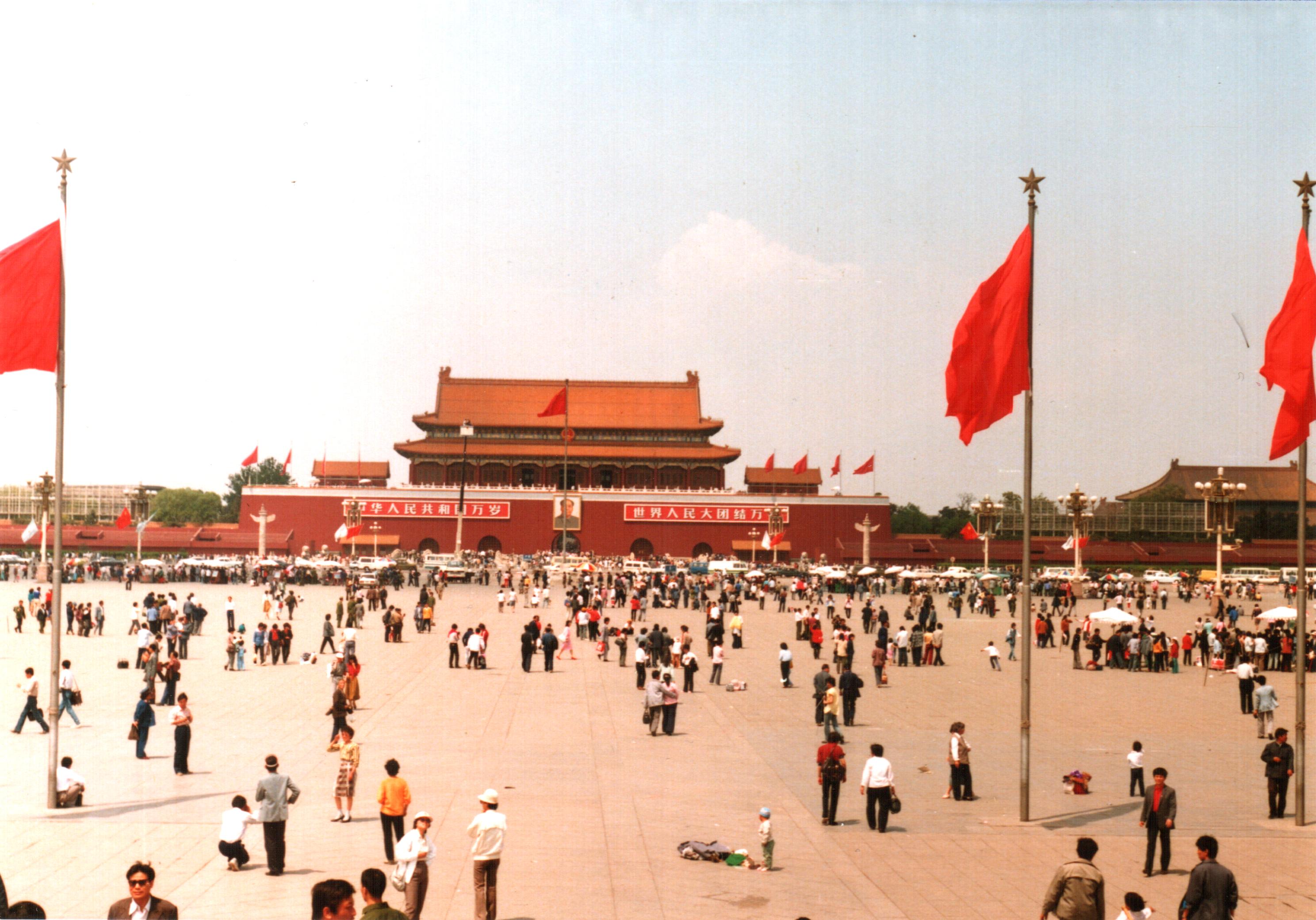by Arif Dirlik
~
 Twenty-five years ago, in the early hours of June 4, the people’s government in Beijing turned its guns on the people of the city who had risen in protests that spring to express their frustration with Party despotism and corruption. The refusal to this day to acknowledge the crime is matched by continued criminalization of those who still live under the shadow of Tiananmen, and with courage continue to pursue the goals it had put on the political agenda – some from within the country, others from exile. The Tiananmen democracy movement brought to a head the contradictions of “reform and opening” that had acquired increasing sharpness during the decade of the 1980s. The successful turn to global capitalism in the aftermath of the suppression has been at least as important as the censorship of memories in the “forgetting” of Tiananmen among the PRC population. In historical perspective, Tiananmen appears as one of a series of popular uprisings around the globe that have accompanied the globalization of neo-liberal capitalism. The discussion throughout stresses foreign complicity – including that of foreign China scholars and educational institutions – in covering up this open sore on so-called “socialism with Chinese characteristics”.
Twenty-five years ago, in the early hours of June 4, the people’s government in Beijing turned its guns on the people of the city who had risen in protests that spring to express their frustration with Party despotism and corruption. The refusal to this day to acknowledge the crime is matched by continued criminalization of those who still live under the shadow of Tiananmen, and with courage continue to pursue the goals it had put on the political agenda – some from within the country, others from exile. The Tiananmen democracy movement brought to a head the contradictions of “reform and opening” that had acquired increasing sharpness during the decade of the 1980s. The successful turn to global capitalism in the aftermath of the suppression has been at least as important as the censorship of memories in the “forgetting” of Tiananmen among the PRC population. In historical perspective, Tiananmen appears as one of a series of popular uprisings around the globe that have accompanied the globalization of neo-liberal capitalism. The discussion throughout stresses foreign complicity – including that of foreign China scholars and educational institutions – in covering up this open sore on so-called “socialism with Chinese characteristics”.
Read the full article here.
in International Journal of China Studies
Vol. 5, No. 2, June/August 201 4, pp. 295-329

Leave a Reply